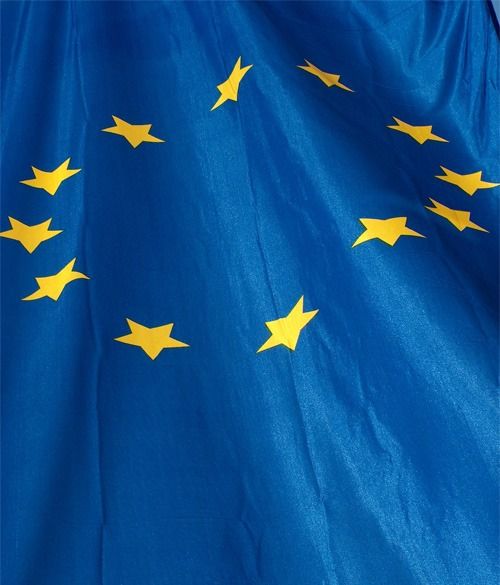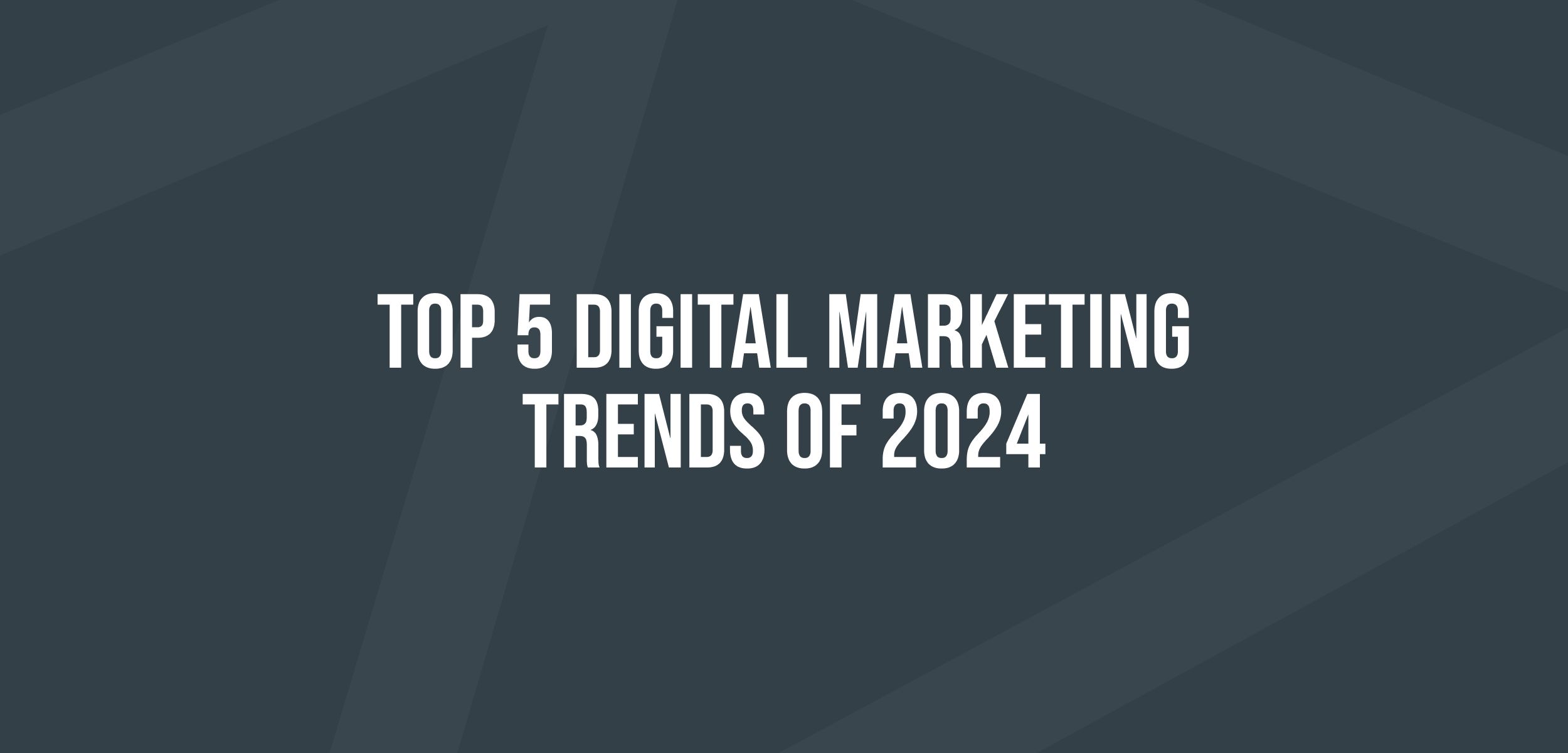
GDPR: what is it and why should you care?
In recent years data breaches, hacking, data theft and online fraud have emerged as massive issues at both the corporate and governmental level, exposing targets to extreme financial instability and nation states to political or defence vulnerabilities.
Anthem Insurance, Home Depot, Adobe and the UK NHS have all been hacked or even had data physically stolen and whichever way, the impact on data privacy is significant as sensitive personal data is released into the public domain.
Data security: how big is the issue?
Over the past year, the UK has suffered the greatest number of data breach incidents in the EU, with 63 by end-Q2 2015; way above Germany with 8, and the Netherlands with 6.
Interestingly, in these breaches 8.3 million records were exposed, which is only 3.4% of the global total of 246 million: the US accounted for 49% of all records compromised, with Turkey at 26%.
The first half of 2015 also shows a 10% increase in data breaches on the same period a year previously, while the number of records stolen reduced by 41%. This may be due to a smaller number of mega-breaches but very likely indicates varying regional security and data protection compliance.

Over the past year, the UK has suffered the greatest number of data breach incidents in the EU, with 63 by end-Q2 2015; way above Germany with 8, and the Netherlands with 6.
Cohesive trans-EU protection
The current EU Data Protection Directive 95/46/EC is about twenty years old, and is from a very different time.
As technological evolution accelerates exponentially so security gaps, critical issues such as trans-national operation, developments in social networks and cloud computing have evolved and are not covered in a legally cohesive and meaningful way.
The new EU-wide General Data Protection Regulation (GDPR) will transcend any local data privacy laws and will be designed to provide a more comprehensive and wide-ranging legal framework, which will deliver much tougher personal data privacy legislation.
What is GDPR?
GDPR is a Regulation with which the European Commission intends to strengthen and unify data protection within the European Union (EU), and is designed to also address the export of personal data outside the EU.
The Commission’s primary objective with GDPR is to simplify the regulatory environment for international business by unifying the regulation within the EU, and unlike a Directive, it does not require legislation to be passed by governments.

What GDPR means to you
The proposed new EU GDPR data security programme expands the scope of EU data protection law to all non-EU companies processing the data of EU residents. It synchronises data protection regulations throughout the EU, making it much simpler for non-European enterprises to comply with these regulations.
While the precise wording of GDPR and financial penalties for transgression have yet to be finalised, GDPR has a very stringent data protection compliance administration with severe and rigorously imposed financial penalties of up to 4% of global gross revenue or €20,000,000 – whichever is greater – for non-compliance.
What about your external vendors?
While this EU-wide regulation relates to the data owner – the entity legally accountable for the data -laws relating to data management, processing and security will also impact on your enterprise if there are contraventions by third party vendors, such as your digital marketing agency.
This means that you, and your enterprise must be confident that such third party vendors have the required legal know-how and competency in current EU Data Protection Directive 95/46/EC as well as upcoming GDPR.
The most resilient verification of this is that your agency has ISO 9001 certification for data management and very importantly, ISO 27001 data security certification.

Where do you seek assistance
Surprisingly, help is very scarce. My agency, Novacom, has both of these critical certifications so I was surprised to learn that according to ISO’s own statistics, only 0.06% of registered UK organisations (that covers everything from government departments to banks) were ISO 27001 certified.
And it’s even less prevalent in the US, one of the EU’s top trading partners, at 0.0036% of all registered companies. Given that trade often means data transfer, transferring data to a potentially unregulated destination could prove to have very serious legal and financial impacts on you and your EU-based enterprise.
Action points
The current EU Data Protection Directive 95/46/EC legislation is generally little understood in many areas of the EU, and in many respects quite poorly enforced. But with the recent growing number of data breaches, and GDPR coming soon, this situation will change very quickly.
GDPR and rapidly increasing cybercrime incidents mean companies must start taking data security seriously to mitigate security risks much more effectively.
This means not only auditing current internal security and data privacy procedures, but now ensuring your third party vendors offer the same high level of security.
Novacom is an award winning B2B digital marketing and customer experience agency focusing on delivering transformation initiatives that deliver real value for our global clients.
© 2024 Novacom Group Limited. All rights reserved. Legal and Privacy



